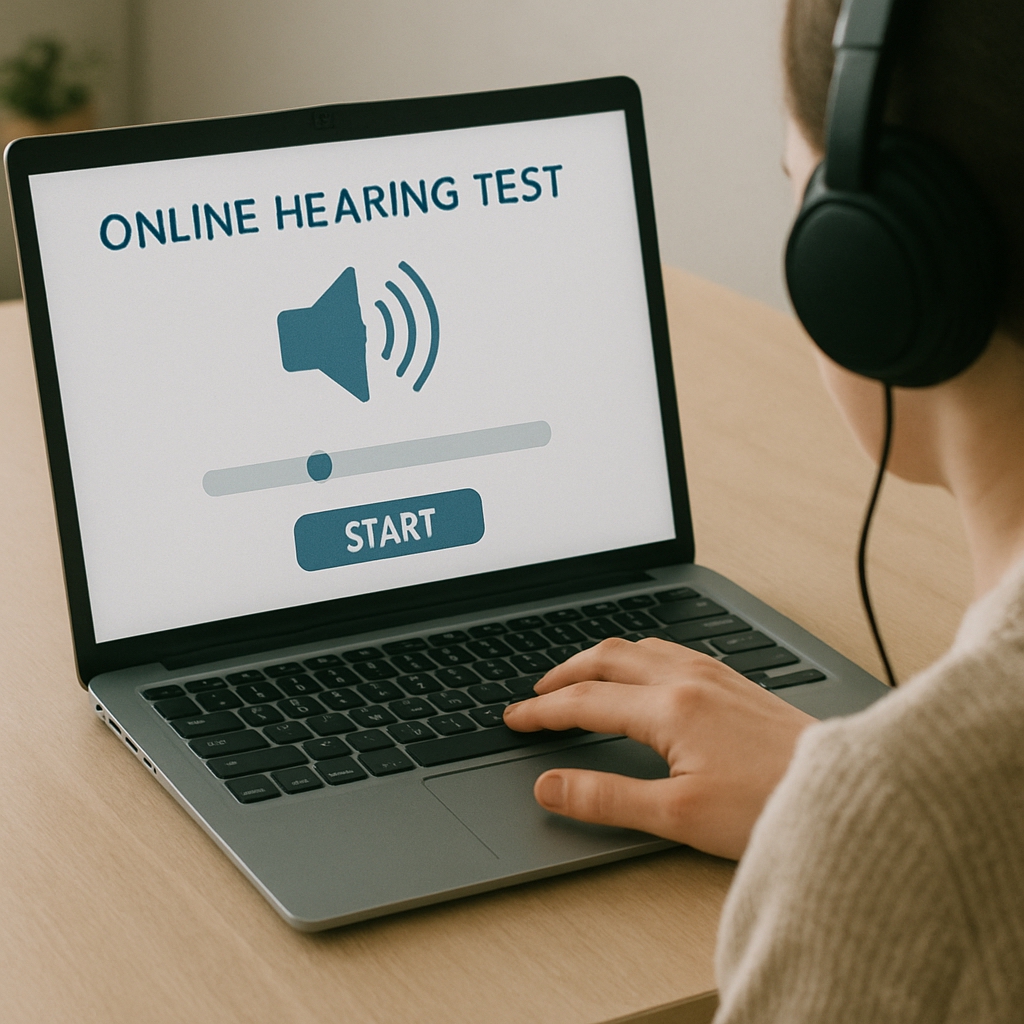Exposure to Noise and Health of the Fetus and Preterm Infant

Exposure to Noise and Health of the Fetus and Preterm Infant
Noise is ubiquitous in our world. Sound, which is vibration in a medium such as air, has intensity (loudness), frequency (pitch), periodicity, and duration.
Exposure of adults to excessive noise results in:
- Noise-induced hearing loss that has a proven response relationship between its incidence and the intensity of exposure
- Noise-induced stimulation of the autonomic nervous system, which reportedly results in high blood pressure and cardiovascular disease
Exposure to sound can have both beneficial and harmful effects on the developing fetus. Exposure to sound is a necessary and consistent form of sensory stimulation in the developing fetus and preterm infant.
Sound and the Developing Fetus
Sound is well transmitted into the uterine environment, but the fetus has a developmental advantage over the premature infant, because the tissues of the maternal abdomen and uterus filter out most high frequency sounds and lessen decibel levels by as much as 20 to 35 dB.
Intense and sustained sound, however, can seriously compromise the developing vasculature and brain of the fetus and premature infant with resultant physiological and behavioral effects. It can, for instance, increase heart rate and normal movement of the baby.
Studies in humans and animals have demonstrated that exposure to intense and sustained sounds over the range normally heard by the baby is harmful and may be the cause of not only hearing deficits, but:
- Chromosomal abnormalities
- Elevated cortisol levels
- Decreased lactogen levels (which is one marker of placental health)
- Low birth weight
- Abnormal social behavior following birth
Sound Exposure for Premature Infants
For premature infants, who do not have the protective buffer of the mother's body, exposure to excessive sound can seriously impact development, including:
- Cochlear damage
- Weakening of the vessel walls in the brain
- Intracranial bleeding
- Speech and language delays (further down the road)
Although recommendations for safe exposure to sound have existed for more than three decades, studies indicate that these guidelines are often not followed. As early as the 1970s, the American Academy of Pediatrics Committee on Environmental Health made recommendations to address the effects of excessive noise exposure to premature infants. Later, a group of researchers formed the Sound Study Group to establish and broaden those guidelines to include babies in the womb.
Recommendations for Safe Exposure to Sound
For Fetuses:
- Women should avoid prolonged exposure to low-frequency sound levels above 65 dB during pregnancy. Even if an expectant mother herself uses ear protection, the babies they are carrying have no such protection beyond what is provided by the mother's body.
- Sound devices, including earphones, should not be placed directly on an expectant mother's abdomen.
- Supplemental auditory programs for fetal auditory enhancement, such as playing music, should not be used.
For Preterm Infants:
- Prolonged exposure to sound levels should not exceed 50 dB.
- Earphones and other devices attached to the infant's ears for sound transmission should not be used at any time.
These guidelines vary from country to country. Those listed above result from studies in the United States. Other countries, such as Sweden, Taiwan, and Japan, have also studied noise exposure and its effects on fetuses and preterm infants, and have established different guidelines.
Providing safe prenatal and early neonatal care is of utmost importance to both pediatricians and families. It is critical to understand the harmful effects that excessive noise exposure can have on a baby, while in the womb, and beyond, and take steps to avoid or lessen it, whether the sources be occupational or environmental.
Send us a message
Feel free to reach out to us for any questions you may have or to schedule an appointment. Our team is here to provide you with the support and information you need. We look forward to assisting you!
Email us
Give us a call





